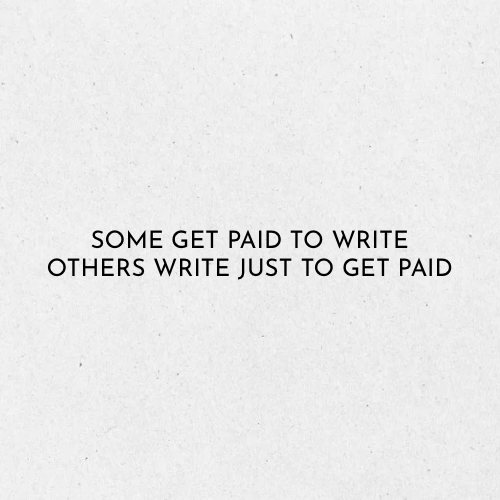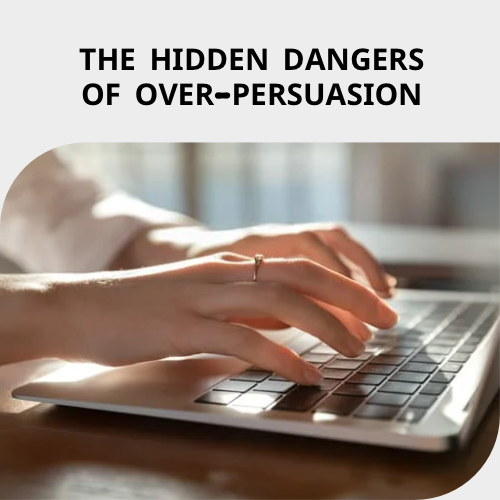So, what is a copywriter?
For a long time, I saw copywriting as the best way to use my writing skills. And honestly, I love what I do. But here’s the truth: you can write beautifully and still struggle to be a real copywriter.
A copywriter isn’t just someone who writes well. A copywriter is a storyteller with a purpose—someone who uses words to persuade, inspire, or sell. It’s not about writing the prettiest sentences; it’s about choosing the right words to make people feel, think, and take action.
That’s why copywriting is a skill on its own. It’s where art meets psychology, and that’s what makes it both challenging and exciting.
Copywriting is everywhere!
Copywriting is everywhere. It sells products, inspires patriotism, and even shapes how we see history. We think is used to explain products or ideas but is a bit more. Shapes also thoughts, styles, decisions, beliefs.
But when words are used to manipulate instead of inform, copywriting turns into a weapon.
Nations, corporations, and organizations have mastered the art of telling one-sided stories—romanticized myths, emotional triggers, and half-truths designed to make us believe what they want.
The Myth-Making Machine
Good copywriting is storytelling. But when that story ignores facts or rewrites history, it becomes manipulation.
So a good story is twisted by the product to sell or the idea. You get attached, emotionally involved and then you buy it.
So you will listen to Julius Cesar’s been at a certain Hotel Resort. Another day cooperation will swell you the dream like, “We started in a humble garage,” while hiding the millions of dollars of early investor money. Governments rewrite schoolbooks to make past wars sound heroic, even try to manipulate words to make atrocities sound less brutal. Massacres become “strategic operations.” Civilian deaths are called “collateral damage.” Whole chapters of history are softened or erased to protect national pride. Is all about Copywriting!
The Cost of One-Sided Stories
This kind of copywriting has serious consequences:
Division – Emotional slogans create “us vs. them” mentalities.
Misinformation – People believe myths instead of facts.
Broken Trust – When the truth finally comes out, the audience feels betrayed.

You can protect yourself by looking for signs:
How to Recognize Manipulative Copywriting?
Oversimplified narratives (“We are the good guys, they are the bad guys.”). Overly emotional language designed to make you act fast. No evidence or sources—just big claims.
Personally I still love my copywriting projects. I really enjoy to put out the best content on a subject trying to connect with people. Also, since we are talking about goods to sell partly is not danger in it.
But think about how powerful people use their own copywriters to sell ideas, change the path of the world, playing around with your life. I’m sure the hire the best copywriters! They use words so good that it makes you shift conscience as they wish.
So, if you get excited just because Julius Caesar once vacationed at the same resort you’re planning to visit, be careful—you might be easier to manipulate than you think!





